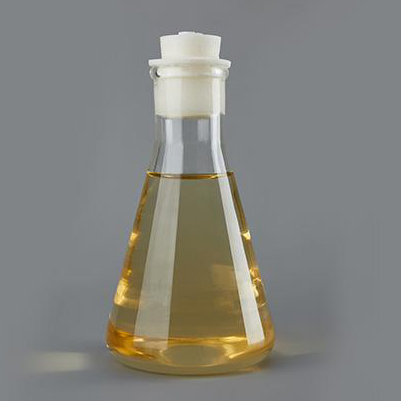Can sodium aluminate improve the mechanical strength of molecular sieves?
Oct 23, 2025
Hey there! As a supplier of Sodium Aluminate for Molecular Sieve, I've been getting a lot of questions lately about whether sodium aluminate can improve the mechanical strength of molecular sieves. So, I thought I'd dive into this topic and share what I've learned.
First off, let's quickly go over what molecular sieves are. Molecular sieves are essentially tiny porous materials with a uniform pore structure. They're super useful in a bunch of industries, like gas separation, purification, and catalysis. The mechanical strength of these molecular sieves is crucial because it determines how well they can withstand the physical stresses during their use. If they're not strong enough, they can break down, which reduces their efficiency and lifespan.
Now, let's talk about sodium aluminate. Sodium aluminate is a chemical compound that's commonly used in various industrial applications. It's made up of sodium, aluminum, and oxygen, and it comes in different forms, like solid and liquid. In the context of molecular sieves, sodium aluminate can play a significant role.
One of the ways sodium aluminate can potentially improve the mechanical strength of molecular sieves is through the formation of a binder. When added to the molecular sieve synthesis process, sodium aluminate can react with other components to form a kind of glue-like substance. This binder holds the molecular sieve particles together more tightly, making the overall structure stronger. For example, during the hydrothermal synthesis of zeolite molecular sieves, sodium aluminate can react with silica sources to form a framework structure. The presence of sodium aluminate helps in creating a more stable and robust structure, which in turn enhances the mechanical strength.
Another aspect is the influence on the crystal growth of molecular sieves. Sodium aluminate can act as a structure-directing agent. It can affect the way the crystals of the molecular sieve grow. By controlling the crystal growth, it can lead to the formation of larger and more well - defined crystals. Larger crystals generally contribute to better mechanical properties because they have fewer internal defects and a more ordered structure. This means that the molecular sieve can better resist external forces without breaking.


But, of course, it's not all straightforward. The amount of sodium aluminate added matters a great deal. If too little is added, the binder formation might not be sufficient to improve the mechanical strength significantly. On the other hand, if too much is added, it can cause some issues. For instance, it might lead to the formation of unwanted phases or clog the pores of the molecular sieve. This can reduce the surface area and the adsorption capacity of the molecular sieve, which are also important properties.
Let's take a look at some real - world applications. In the gas separation industry, molecular sieves are used to separate different gases based on their molecular size and polarity. A molecular sieve with high mechanical strength is essential here because it has to endure the high - pressure conditions during the separation process. By using sodium aluminate to improve the mechanical strength, the molecular sieve can last longer and maintain its separation efficiency.
In the catalysis industry, molecular sieves are used as catalysts or catalyst supports. The mechanical strength is important because the molecular sieve has to withstand the harsh reaction conditions, such as high temperatures and the presence of reactive chemicals. A stronger molecular sieve can better maintain its structure and catalytic activity over time.
Now, I'd like to mention some of the products we offer. We have a 37% Concentration Of Sodium Metaaluminate, which is a high - quality product that can be very useful in the synthesis of molecular sieves. It has the right balance of sodium and aluminum content to promote the formation of a strong binder and influence crystal growth effectively.
We also have Sodium Metaaluminate for Titanium Dioxide. Although it's mainly designed for the titanium dioxide industry, it can also have applications in molecular sieve synthesis due to its similar chemical properties.
And our Sodium Metaaluminate for Accelerator can be used to speed up the reaction process during the synthesis of molecular sieves, which can also have an impact on the final mechanical properties of the molecular sieve.
In conclusion, sodium aluminate can indeed improve the mechanical strength of molecular sieves. However, it requires careful control of the amount added and the synthesis conditions. If you're in the business of using or producing molecular sieves, it's definitely worth considering using sodium aluminate to enhance the performance of your products.
If you're interested in learning more about our Sodium Aluminate for Molecular Sieve products or want to discuss potential applications and purchases, feel free to reach out. We're always happy to have a chat and help you find the right solution for your needs.
References
- "Zeolite Molecular Sieves: Structure, Chemistry, and Use" by Donald W. Breck
- "Industrial Applications of Molecular Sieves" in Chemical Reviews journal
